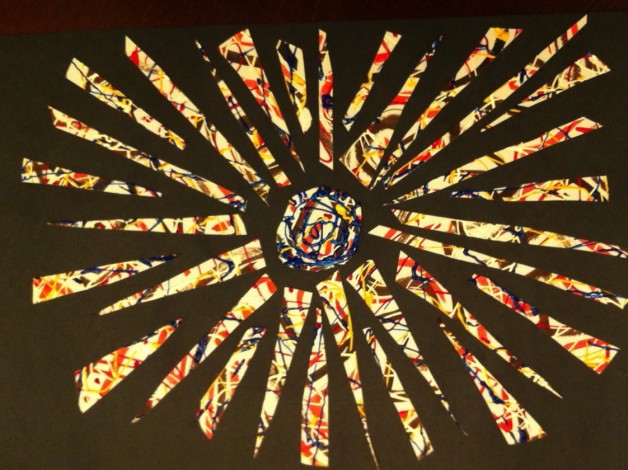
During a recent mentoring class in the Book Writing World, Elizabeth asked us six questions, questions we “must know” the answers to in order to fully understand the book we are undertaking to write. I’ve enclosed my answers, as it relates to my as-yet untitled nonfiction piece about the ugly, complicated thing that happened to my family a little more than two years ago.
Question 1: How would your character introduce him- or her-self to the group?
For the nonfiction piece, my main character would be me in 2010 and the group I’d be addressing is inside a newsroom. I’d be arguing about the lack of reporting and the sensational coverage that my family’s story got in the media of late. My actual introduction would be something like this: “ hi, I’m your former colleague and the wife of the person whose name and reputation you’ve been spray painting in mud, and I’m here to get an explanation.”
Question 2: What is your character not willing to say about him- or her-self?
My character is not willing to admit that all of the efforts that she’s putting forth, is for nothing — that her assessments of what has happened and is happening have all proven to be correct but she cannot change anything. No one is listening or seems to care.
Question 3: What does your character want (known consciously)?
The character wants vindication, and a public apology. The character wants the return of her former life and her former self.
Question 4: What does your character need (not known consciously)?
The characters needs to be heard; she thinks she can get away with not having her story told in public — but what she really needs for the world to take notice of what has happened.
Question 5: How will s/he know when this has happened or definitively not happened?
She comes to know that being silent is not a free enterprise. All of her years of training as a journalist has taught her to remain silent and she has — but she slowly comes to realize that in this case, remaining silent is not a good thing, that in this case silence is the same as invisibility and that invisibility is the same as death.
Question 6: How will s/he change when this has happened or definitively not happened?
At first, the character retreats. Then, when she sees that no one is taking action or even bothering to find out the truth, she undertakes the project of educating others – using her own story and experiences – so that these unfortunate horrible things don’t happen to somebody else.

Very helpful, Devi.